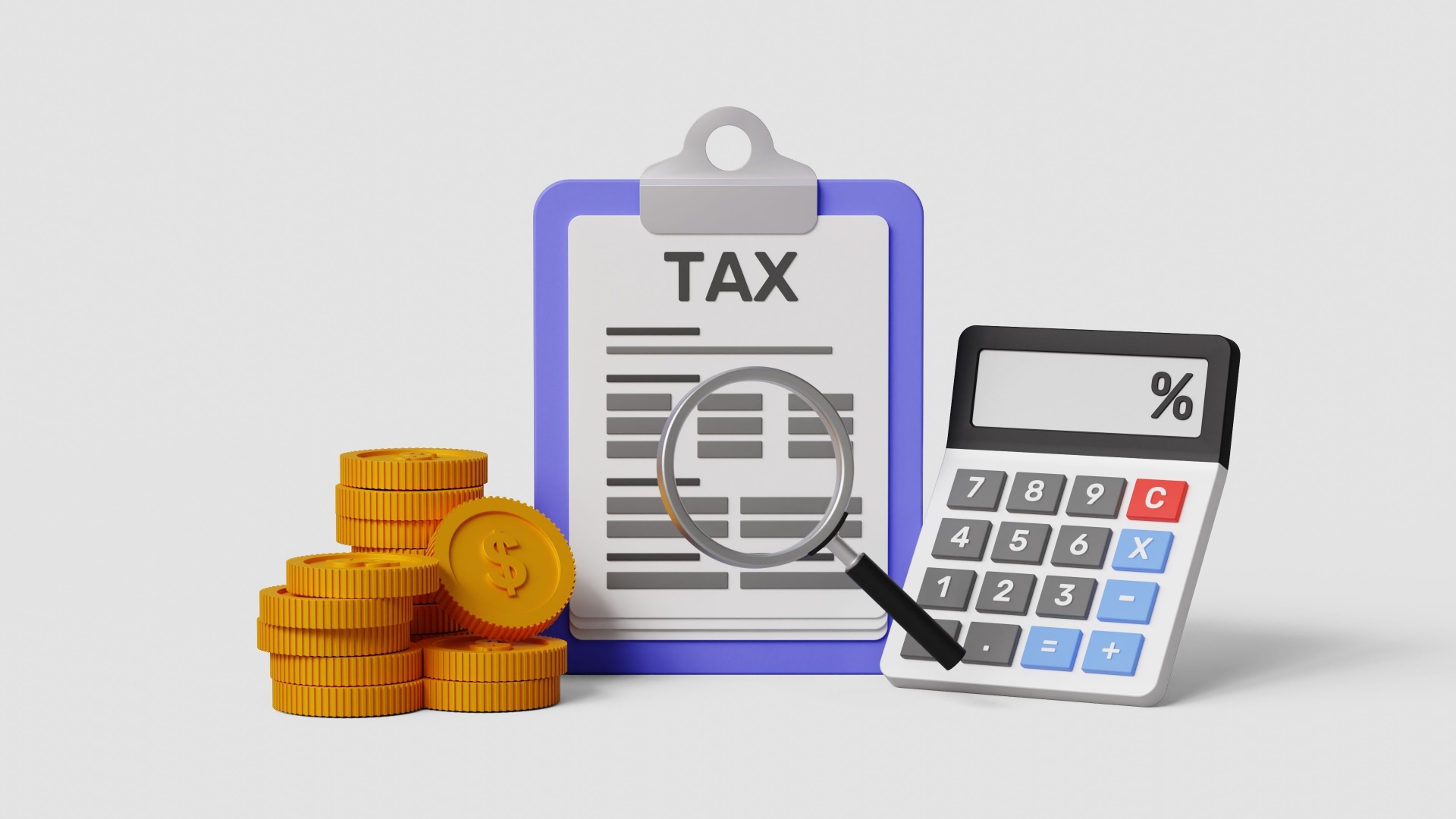
Posted on: 16th December 2024 in Expats
If you’re a South African expatriate or planning to work overseas, navigating the world of taxes can feel overwhelming. South Africa’s tax laws are unique, and understanding your obligations is crucial to avoid surprises.
This guide will help you grasp the essentials of South Africa’s tax implications for expats so you can stay on the right side of the law while optimising your financial planning.
South Africa uses a residence-based tax system. This means residents are taxed on their worldwide income, while non-residents are only taxed on income sourced within South Africa.
Determining your tax residency is the first step to understanding your tax obligations.
There are two tests for this:
If you meet these criteria, you’re likely a tax resident subject to South African tax laws.
Good news! If you’re a tax resident working overseas, you may qualify for a partial exemption on your foreign income.
Section 10(1)(o)(ii) of the Income Tax Act allows for up to R1.25 million of your foreign earnings to be exempt from tax in South Africa.
To qualify:
Remember that income exceeding the R1.25 million cap will be taxed at South Africa’s normal rates.
One of the biggest concerns for expats is the fear of being taxed twice—once in South Africa and again in the country where they work. This is where Double Taxation Agreements (DTAs) come in handy.
South Africa has agreements with many countries to prevent double taxation. DTAs outline which country has the right to tax your income and often offer relief in the form of tax credits or exemptions.
Check the DTA between South Africa and your host country to understand your specific obligations.
If you’re leaving South Africa for good and want to stop being a tax resident, you’ll need to undergo tax emigration. This involves formally notifying SARS (South African Revenue Service) that your tax residency status has changed.
When you emigrate for tax purposes, you may face an exit tax. This capital gains tax applies to your worldwide assets as though you sold them the day before your emigration. While it can be a significant expense, proper planning can help minimise its impact.
Even if some of your foreign income is tax exempted, South African tax residents must still declare all their income on their tax returns. This includes:
Accurate reporting is crucial to stay compliant and avoid penalties.
When earning in a foreign currency, you’ll need to convert your income to South African Rand (ZAR) using the exchange rate on the date you received it.
Exchange rate fluctuations can affect your tax liabilities, so keep detailed records of payment dates and amounts.
If you’re earning a significant amount of foreign income, you may need to register as a provisional taxpayer. This system requires you to pay your estimated tax in advance through bi-annual payments.
It’s designed to help you manage your tax obligations throughout the year and avoid hefty bills at the end of the tax season.
If your employer provides benefits such as housing or travel allowances, it’s essential to understand their tax implications.
For example, if your company pays for your accommodation overseas, South Africa might consider it a taxable fringe benefit. Clarify these details with a tax expert to avoid underreporting.
Contributions to foreign retirement funds often don’t qualify for tax deductions in South Africa.
This means you might need to revisit your retirement planning to ensure it aligns with South African tax laws and provides long-term benefits.
Taxes can be complicated, especially when juggling laws in multiple countries.
A small error can lead to hefty penalties or missed opportunities to save. That’s why working with a tax professional who understands expatriate taxation is so important.
A tax specialist can help you navigate your unique situation, ensuring compliance while maximising your savings.
Understanding South Africa’s tax implications for expats is essential for staying compliant and protecting your financial well-being.
There’s a lot to consider, from determining your residency status to leveraging exemptions and DTAs. If you’re unsure about any aspect of your taxes, don’t hesitate to contact a financial adviser or tax consultant.
Are you looking for personalised advice? Our team is here to help you navigate your tax journey with confidence. Get in touch today to find out more!
We have 18 offices across the globe and we manage over $2billion for our 20,000+ clients
Get started
Investing is one of the most effective ways to build wealth and secure your financial future. But even seasoned investors can stumble into costly mistakes. Whether you’re just starting your...
Read more
If you’re dreaming of financial freedom, passive income might just be the key to unlocking it. Whether you want to supplement your current earnings or build wealth over time, creating...
Read more
Tax season in South Africa may be a way off, but planning now can help ensure you are prepared. As a South African investor, you have several innovative ways to...
Read more
When it comes to securing your financial future, having a solid wealth management plan is essential. It’s not just about saving money; it’s about making your money work for you...
Read more